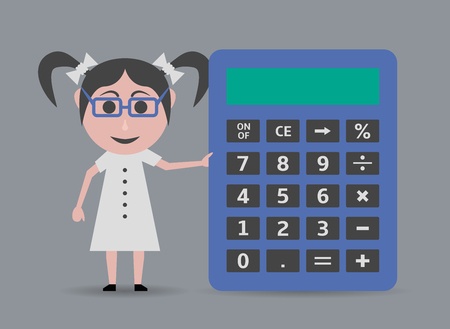“Nothing in life is to be feared. It is only to be understood.”
Marie Curie
I read a fascinating article called Hanson Could Have Disappeared. Here’s Why They Didn’t in the February 2016 issue of Entrepreneur. (For a little background Hanson is an American band, made up of three brothers, that broke out in the late 1990s with the hit “MmmBop”)
One statement, of many, that stood out for me was when Taylor Hanson said this:
“There’s an epidemic in the music industry, which is the idea that artists need all these other people to succeed. You need the manager, you need the label, you need the publicist. But artists of all kinds—designers, painters, everybody—are now seeing that they can be their own brand manager and marketer.”
In the beginning of the interview Isaac Hanson mentioned how they were urged not to sell their publishing rights “which is one of the earliest things an artist will do.”
This applies to many creatives who don’t truly understand the business they’re in. They rarely understand what they’re really selling. But that’s not why this article interested me. Hanson understands business and the numbers.
In order to have a long-lasting career an artist can’t be afraid of the numbers.
Too many artists get swindled because they want other people to take care of them. They don’t want to know about percentages (think Elvis Presley and the 50% cut his agent Colonel Tom Parker had towards the end of Presley’s life) they don’t want to think profit, taxes, or the like.
“I’m just no good with numbers.”
“I was terrible at math.”
Creatives like to hide behind the right brain mindset and let the left brains (CEOs, managers, CPAs, agents etc…) handle things as if that’s all beneath them.
But it’s not.
You have to understand the numbers.
It will take time, but it is learnable.
Take it in small bites. Put it into a language that makes sense to you. You won’t be able to continue to create art, if you can’t afford doing it (unless it’s just a hobby and that’s fine, I’m not talking to you).
You’ll make mistakes. That’s fine.
I’ve made a bunch–loads, really–but they are all lessons.
How much time do you devote to your work?
How much does it cost to keep doing it? Can you afford the tools you use? How about the cost of replacing them? Can you afford continued learning (i.e. workshops, conferences, online courses, memberships)?
Do you understand gross versus net?
Profit versus loss?
A cash flow cycle?
How about copyright? (For writers I can recommend The Copyright Handbook by Nolo Press. It’s big and will take a lot of repeat readings, but it will save you a lot of heartache in the future.) And yes copyright is a number because the amount you own is critical to your business and it’s something you have to manage. This is what Taylor Hanson was referring to when he was talking about Hanson not selling their publishing rights.
Understanding numbers will help you understand what reaching your goals really entails. Don’t get brainwashed into big numbers thinking. Nowadays, you don’t millions or even hundreds of thousands of people to buy your work to make a living. (And you also get to set the number on that for some it’s mid to high five figures; for others nothing less than six).
If you understand the numbers you can realistically calculate what it will take to get where you want to be.
Numbers will help you know how to price your work, price your time, gauge your success. It’s a measurement.
“Look I don’t want to handle all that, I’ll just leave it to my people.”
Okay but how will you know your people aren’t stealing from you? How do you know you’re getting a good deal? How do you know they’re making the right decisions for your career? How do you measure your short term and long term goals? How can you gauge who’s helping you versus who’s hindering you?
Don’t think that liars and thieves don’t have a friendly face; that all those who come around you have your best interest at heart.
Embezzlement is real. So are bad contracts (which include a lot of numbers like percentage rates that you need to understand).
I once knew a very talented performer who put in about $10,000 worth of time for a $2,000 return based on the advice of her manager.
The creative world is not a pretty place. It’s brutal. People feast off the flesh of naive creatives every day.
Don’t be one of them. You can do this.
Numbers are everywhere and they are the artist’s friend. Get to know them and they’ll serve you well.
If you’re enjoying this blog, please feel free to show some love by leaving a tip, just click
Paypal.me/DaraGirard (it goes to “Ilori Press” but don’t worry, I’ll still get it)
Your support keeps me going. Thanks!
“Forget Being Afraid of Numbers” © 2016 Dara Girard; Image copyright © 2016 by 123rf/Alejandro Lozano Campaña
My latest non-fiction title, 10 Things to Forget: to be Creatively Free was a blast to write. On this blog, I’ve been writing on topics that didn’t make it into the book and others I’ve expanded on. You can read the other posts here.
